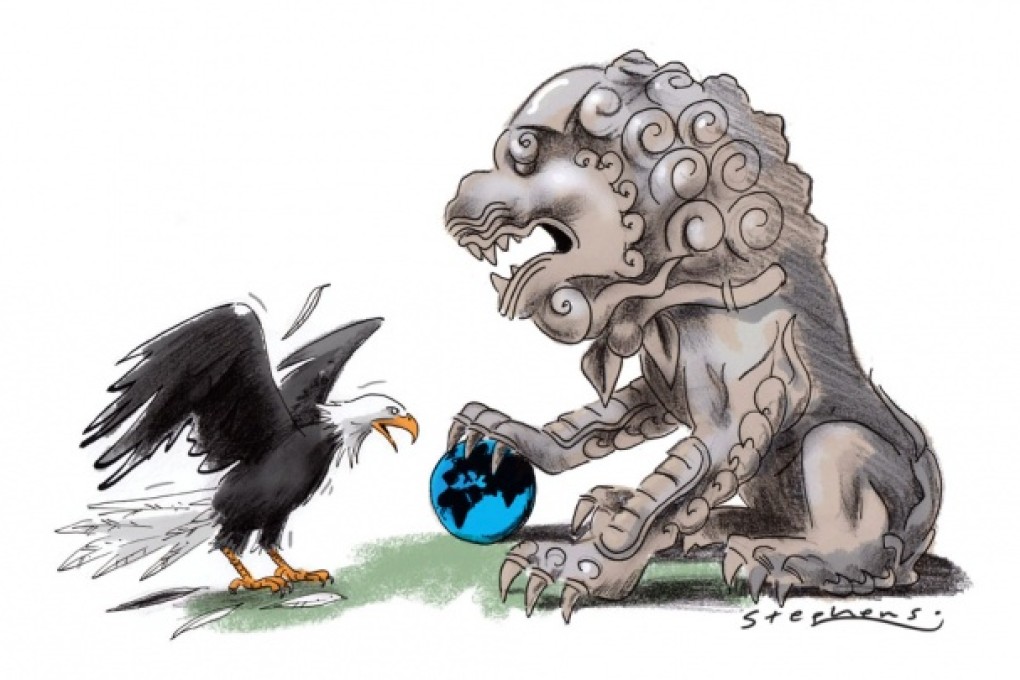Americans ill-served by the blinkered view of US dominance
Kishore Mahbubani says US public intellectuals have a duty to recognise America's decline, vis-à-vis Asia's inexorable rise, and help its citizens prepare for the dislocations of the power shift

The time has come to think the unthinkable: the era of American dominance in international affairs may well be coming to an end. As that moment approaches, the main question will be how well the US is prepared for it.
Asia's rise over the past few decades is more than a story of rapid economic growth. It is the story of a region undergoing a renaissance in which people's minds are reopened and their outlook refreshed. Asia's movement towards resuming its former central role in the global economy has so much momentum that it is virtually unstoppable. While the transformation may not always be seamless, there is no longer room to doubt that an Asian century is on the horizon, and that the world's chemistry will change fundamentally.
Global leaders - whether policymakers or intellectuals - bear a responsibility to prepare their societies for impending global shifts. But too many American leaders are shirking this responsibility.
Last year, at the World Economic Forum in Davos, two US senators, one member of the US House of Representatives, and a deputy national security adviser participated in a forum on the future of American power (I was the chair). When asked what future they anticipated for American power, they predictably declared that the US would remain the world's most powerful country. When asked whether America was prepared to become the world's second-largest economy, they were reticent.
Their reaction was understandable: even entertaining the possibility of the United States becoming "No 2" amounts to career suicide for an American politician. Elected officials everywhere must adjust, to varying degrees, to fulfil the expectations of those who put them in office.
Intellectuals, on the other hand, have a special obligation to think the unthinkable and speak the unspeakable. They are supposed to consider all possibilities, even disagreeable ones, and prepare the population for prospective developments. Honest discussion of unpopular ideas is a key feature of an open society.
But, in the US, many intellectuals are not fulfilling this obligation.